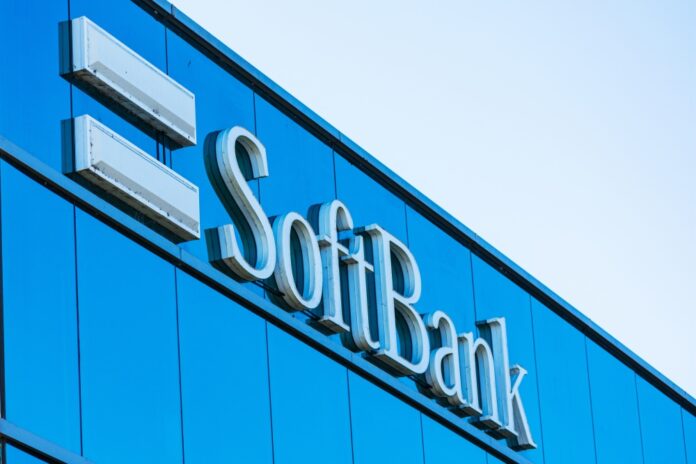The plan fell apart when Intel was unable to meet demands – the episode highlights the inter-dependencies of the chip ecosystem
The Financial Times [subscription needed] says that Japan’s SoftBank held talks with Intel to build an AI chip that could rival NVIDIA. In June this year NVIDIA catapulted past Apple and Microsoft to become the world’s most valuable company, if temporarily.
Two years ago, its market cap was $300 billion – before the investor frenzy around GenAI caught fire. Now its AI chips and software platform, Cuda, are dominating the market. The company was already well-placed as the pioneer of GPUs but the shortage of chips has added to its allure.
SoftBank at the centre
SoftBank’s CEO, Masayoshi Son has ambitions to be central to the AI boom and plans to spend billions of dollars to rival to Nvidia’s AI silicon. Son has reportedly approached a number of Big Tech companies to support its aims, including Meta and Google.
The FT pointed out that SoftBank’s tie-up with Intel would have allowed the Japanese enterprise to take advantage of the Biden Administration’s Chips Act which became effective in March. It is offering $20 billion in grants and loans, designed to boost the domestic production of semiconductors.
Reports suggest SoftBank has now turned it attentions to Taiwan’s chipmaker TSMC, but it too is already struggling to meet its customers’ demands, which include NVIDIA.
Arm as chip maker?
SoftBank apparently intends to move chip design company Arm Holdings into chip production but this could upset its relationship with NVIDIA and others. SoftBank acquired the British company Arm for $32 billion in 2016. Arm’s primary business is the design of CPU cores that implement Arm’s instruction sets. It also designs other chips and provides software development tools. Its designs are used by many of the world’s chip companies, including NVIDIA.
SoftBank’s Son, who is not averse to risk, clearly thinks it’s worth the gamble and it is thought that Son’s recent acquisition of the UK AI chipmaker Graphcore is to acquire expertise in chip production.
Inter-dependencies
Last September SoftBank held an initial public offering of 10% of Arm’s shares on the NASDAQ, which at its opening valued the company at almost $60 billion. Intel was a major investor but has been engulfed in bad news since then.
In April, Intel reported a $7 billion operating loss in its foundry unit which sent its shares off a cliff and reports of a flaw in its PC chip designed followed. Intel sold its entire stake in Arm in Q2 for about $150 million.
Earlier this month it announced it will shed 15% of its workforce which led to a 25% plummet in its share price and a market cap of under $100 billion. It has also suspended dividend payments.
Intel is investing as heavily as it can to catch up with competitors including TSMC and South Korea’s Samsung in the design and production of chips, and to attract new customers. Having SoftBank walk away because it cannot fulfil the Japanese enterprise’s AI ambitions is hard blow for Intel.


